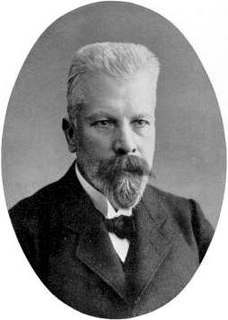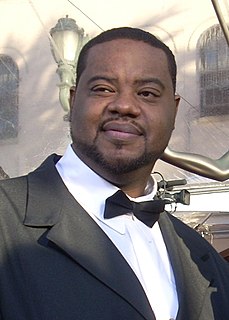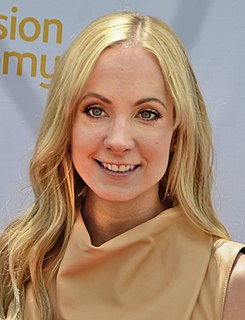A Quote by Herbert Marcuse
The people are led to find in the productive apparatus the effective agent of thought and action to which their personal thought and action can and must be surrendered. And in this transfer, the apparatus also assumes the role of a moral agent. Conscience is absolved by reification.
Related Quotes
Thought is the creative power, or the impelling force which causes the creative power to act; thinking in a Certain Way will bring riches to you, but you must not rely upon thought alone, paying no attention to personal action. That is the rock upon which many otherwise scientific metaphysical thinkers meet shipwreck–the failure to connect thought with personal action.
If you want to have the right to have that conversation with your agent - "I know you sent it to me, I know you like it, but I just really think it's terrible" - you need to have the full details about script. You don't want to be in that situation where your agent says, "What about after the first 20 pages where it turns into a psychedelic musical?" And you're like "What? I thought it was an action-rom!"
My agent asked if I fancied Robin Hood and I thought: 'Yeah, why not?' I hadn't watched it, to be honest, but I'd seen bits and knew it was really popular Saturday family viewing with heaps of action. I thought it would be great fun. I was up for a good old play-fighting and the scripts were terrifically exciting.
You see, Dad, Professor McLuhan says that the environment that man creates becomes his medium for defining his role in it. The invention of type created linear, or sequential thought, separating thought from action. Now, with TV and folk singing, thought and action are closer and social involvement is greater. We again live in a village. Get it?
Exasperation with the threefold frustration of action -- the unpredictability of its outcome, the irreversibility of the process, and the anonymity of its authors -- is almost as old as recorded history. It has always been a great temptation, for men of action no less than for men of thought, to find a substitute for action in the hope that the realm of human affairs may escape the haphazardness and moral irresponsibility inherent in a plurality of agents.








































